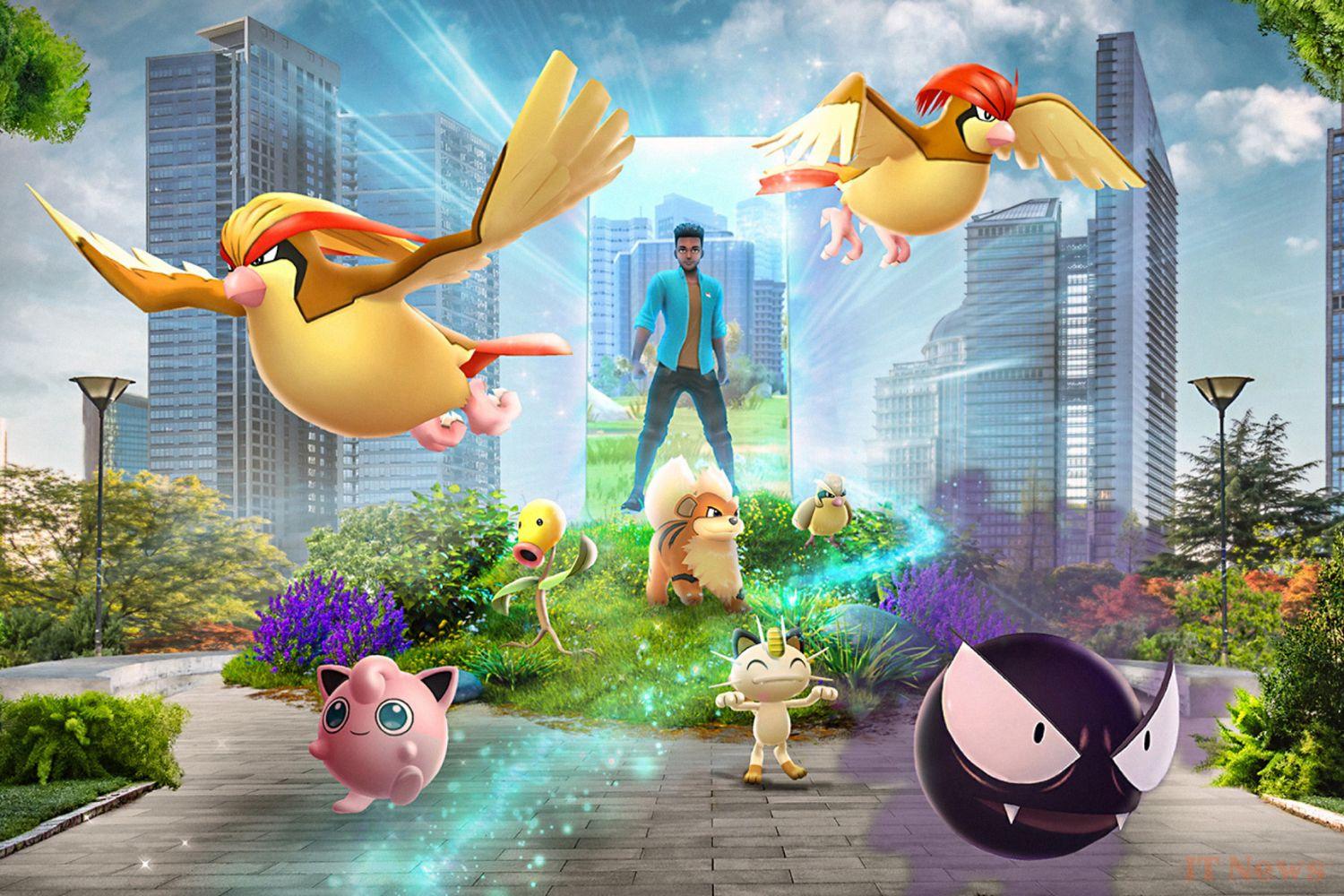$3.5 billion. That's the sum that Californian studio Scopely had to pay to acquire Pokémon GO, Pikmin Bloom, and Monster Hunter Now from Niantic. Despite the global success of the community game dedicated to the little pocket monsters, the pioneering company in geospatial experiences prefers to get back to basics. With video games gone, Niantic is handing over its gaming division to a new partner and marking the start of a new division, called Niantic Spatial. This new identity goes hand in hand with the company's new goal: to put AI at the service of geospatial technologies.
“As the company has grown, it has naturally evolved into two complementary paths: one focused on creating games and publishing them worldwide, and the other dedicated to the advancement of augmented reality, artificial intelligence, and geospatial technology. At the same time, the rapid advances in AI reinforce our belief that the future of geospatial computing will open up new possibilities for both consumer experiences and enterprise applications. At the same time, we remain committed to creating ‘eternal games’ that will last for generations,” reads the press release shared this Wednesday, March 12.
Simply put, the Niantic game teams will now operate under the Scopely studio banner – notably behind Monopoly Go – while the rest of the company will remain independent, under the Niantic Spatial name. But what does this mean for the future of these games, especially those that have not been acquired?
External support necessary to maintain experiences
Niantic wants to maintain its “eternal games” philosophy without having to sacrifice its ambitions in terms of technological innovation. Thus, the sales agreement for Pokémon Go, Pikmin Bloom, and Monster Hunter Now established with Scopely (a Californian studio owned by the Saudi group Savvy Games Group) aims to sustain these titles by offering them quality content that is regularly updated. “Our gaming development team has exciting long-term roadmaps that they will continue to develop at Scopely. This partnership ensures that our games receive the long-term support needed to become ‘forever games’ that will last for future generations. Players can expect the games, apps, services, and events they love and know to continue to benefit from Scopely’s ongoing investment, led by the same teams that have always created these experiences,” the press release promises. Don't panic, Pokémon Go Fest Paris will take place as planned.
Pokémon GO, Pikmin Bloom and Monster Hunter Now will therefore be in good hands: enough to avoid a repeat of past failures (namely Harry Potter: Wizards Unite and NBA All-World). Scopely made a fortune thanks to the global success of Monopoly Go ($3 billion in revenue between April 2023 and July 2024), and these resources will now be able to benefit Niantic titles.
However, the fate of Ingress Prime and Peridot seems more uncertain. These titles will evolve under the new Niantic Spatial banner, probably because Scopely did not want to burden itself with these experiments. While Niantic's very first game, Ingress Prime, is starting to show signs of aging, the Tamagotchi-like Peridot launched in 2023 has still not managed to establish itself on the market. Ingress could benefit from a certain immunity thanks to its status as a founding title, but Peridot will have to hang on. Verdict in the months and years to come.



0 Comments